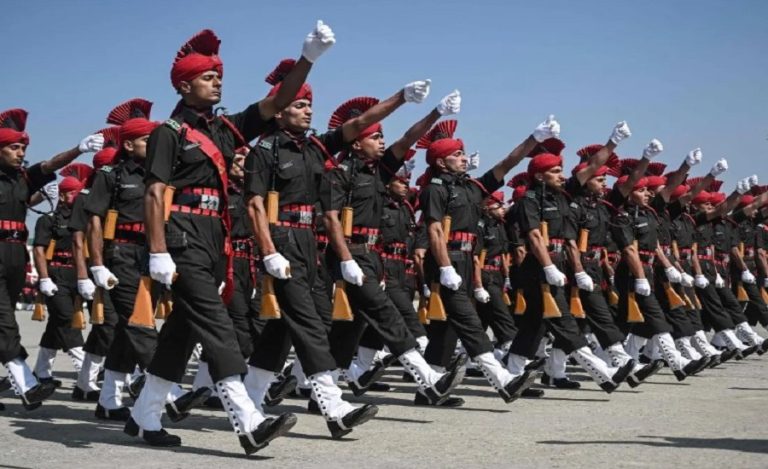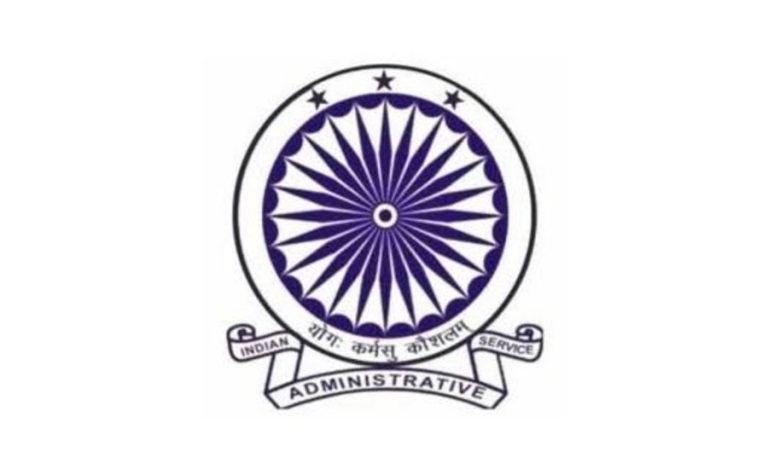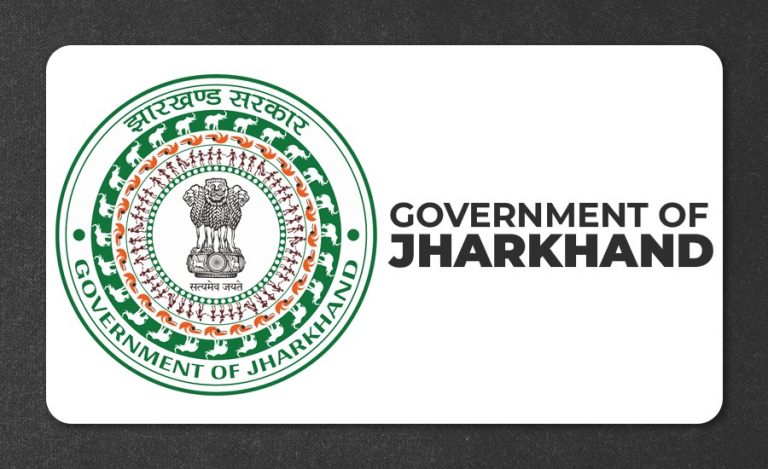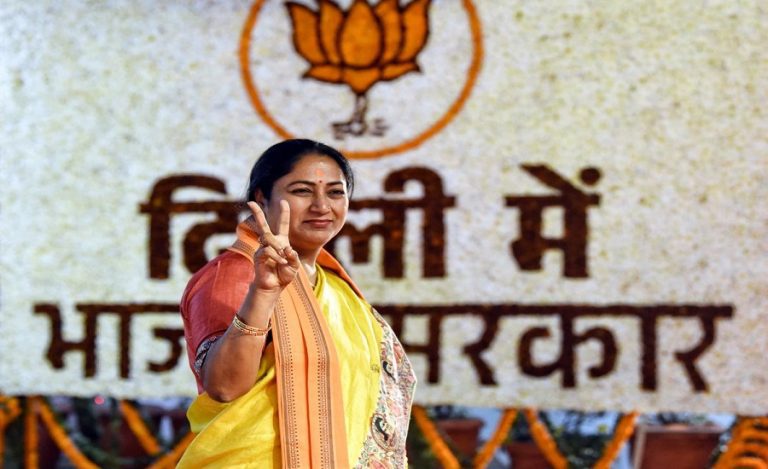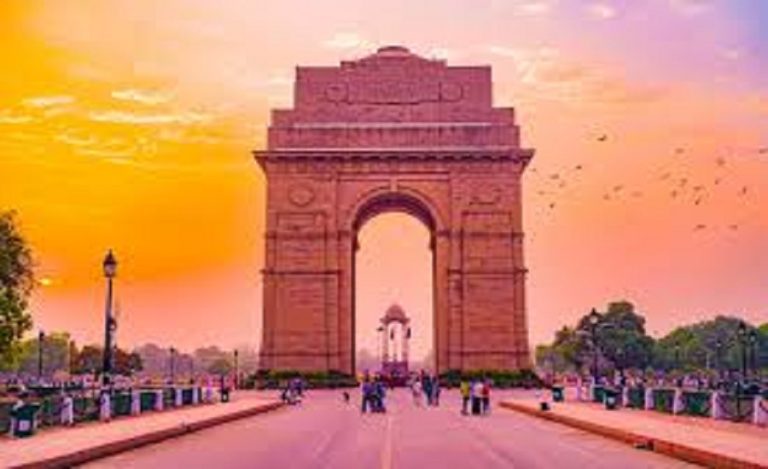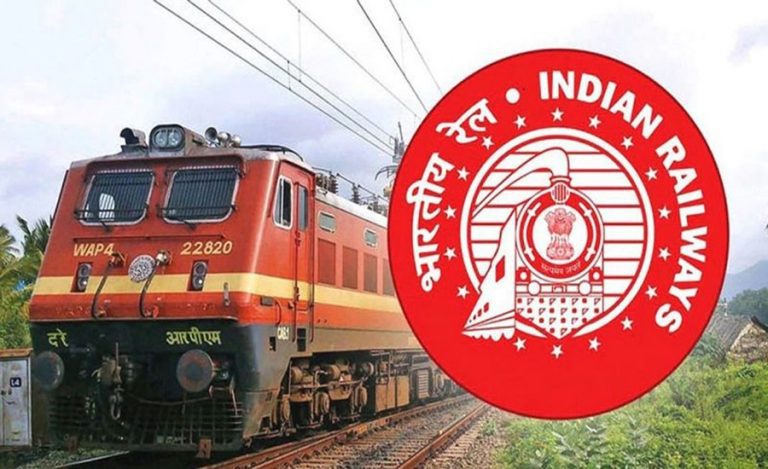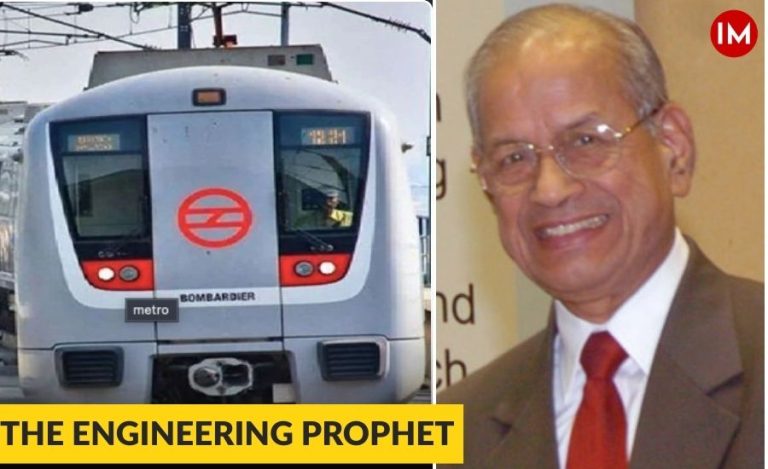In a significant push towards educational transformation, Chief Minister Dr. Mohan Yadav has outlined an ambitious vision to elevate all university campuses and higher education institutions in Madhya Pradesh to world-class standards. Speaking at a high-level meeting held at the state Secretariat, Dr. Yadav emphasized that universities should not only impart theoretical knowledge but also offer employment-oriented, multidisciplinary courses aligned with industry demands.
He called for a structural overhaul of higher education in the state, modeled after premier institutions such as IITs and IIMs. The Chief Minister’s remarks come amid a series of reform-driven initiatives focused on aligning academia with the dynamic needs of the job market and local economies.
Strategic Course Additions: Agriculture, Aviation, Ayurveda in Focus
The state government is actively introducing new, practical, and employment-driven academic programs. From the next academic session, the Faculty of Agriculture will begin operations at Atal Bihari Vajpayee University, while a B.Tech program in Dairy Technology is being launched at Samrat Vikramaditya University, Ujjain. These initiatives are expected to draw significant student interest in agri-based industries.
The aviation sector, identified as a high-growth domain, is also gaining prominence. A BBA Aviation course is already underway at Devi Ahilya University, Indore, with around 30 students enrolled. BSc Aviation courses have also been introduced at Barkatullah University (Bhopal), Jiwaji University (Gwalior), Samrat Vikramaditya University (Ujjain), and Chitrakoot University.
In a bold move, Dr. Yadav proposed converting Maharishi Panini Sanskrit and Vedic University, Ujjain, into a dedicated Ayurvedic University. The plan, once implemented, would bring over 50 Ayurvedic colleges under its academic umbrella, expanding research and training in traditional medicine systems.
Universities Directed to Create 5-Year Roadmaps for Academic and Infrastructure Growth
Dr. Yadav directed Vice Chancellors to prepare five-year strategic plans that focus on regional economic needs and industry collaborations. Universities are expected to develop curricula in emerging areas such as horticulture, floriculture, tourism, mining, and animal husbandry. Institutions were also urged to promote entrepreneurship alongside formal education.
The Chief Minister stressed that agricultural universities should actively promote organic and natural farming practices. He also called for accountability in reporting the number of employment-oriented courses launched, student enrollment data, and successful placement records.
New Medical College in Jhabua; Nursing and Paramedical Expansion Underway
In healthcare education, the state is expanding its footprint with the establishment of a new medical college in Jhabua. Seventy acres in village Kalyanpura have been allotted for the facility, and Devi Ahilya University has applied to designate the district hospital in Jhabua as its teaching hospital.
Meanwhile, the admission process for nursing and paramedical courses for the 2025–26 session is actively underway. NOCs will be issued at the directorate level, and accreditation will be managed by respective regional universities.
Rapid Hiring and Infrastructure Development in Higher Education
The government is fast-tracking recruitment across universities. Advertisements have been issued for vacant faculty positions, with 364 appointments already completed and 1,585 more underway. In total, 384 research centers are currently operational in the state, with 100 new centers to be added soon.
Under the UGC-supported PM-USHA (University Grants Commission’s scheme for development of higher education infrastructure), 38 projects worth Rs. 326 crore have been approved across three universities. These include the construction of girls’ hostels, auditoriums, laboratory upgrades, and the expansion of agricultural institutes—all aimed at enhancing the learning environment.
Tech-Driven Reforms and Indian Knowledge Integration
Higher education in Madhya Pradesh is also embracing digitization. The state is initiating digital evaluation of answer sheets in all universities and autonomous government colleges starting this financial year. Furthermore, “Indian Knowledge Tradition Cells” have been established in all universities to incorporate India’s ancient academic heritage into the modern curriculum.
To further enrich students’ exposure, government college students will now regularly visit monuments of national importance as part of their annual academic calendar.
A Vision for Holistic, Job-Ready Education in Madhya Pradesh
The Chief Minister’s clear mandate for institutional transformation represents a holistic approach—where infrastructure, innovation, employment readiness, and cultural integration converge to create a world-class education ecosystem. With active support from senior ministers, bureaucrats, and university leaders, Madhya Pradesh is set to become a leading state in higher education reform.

